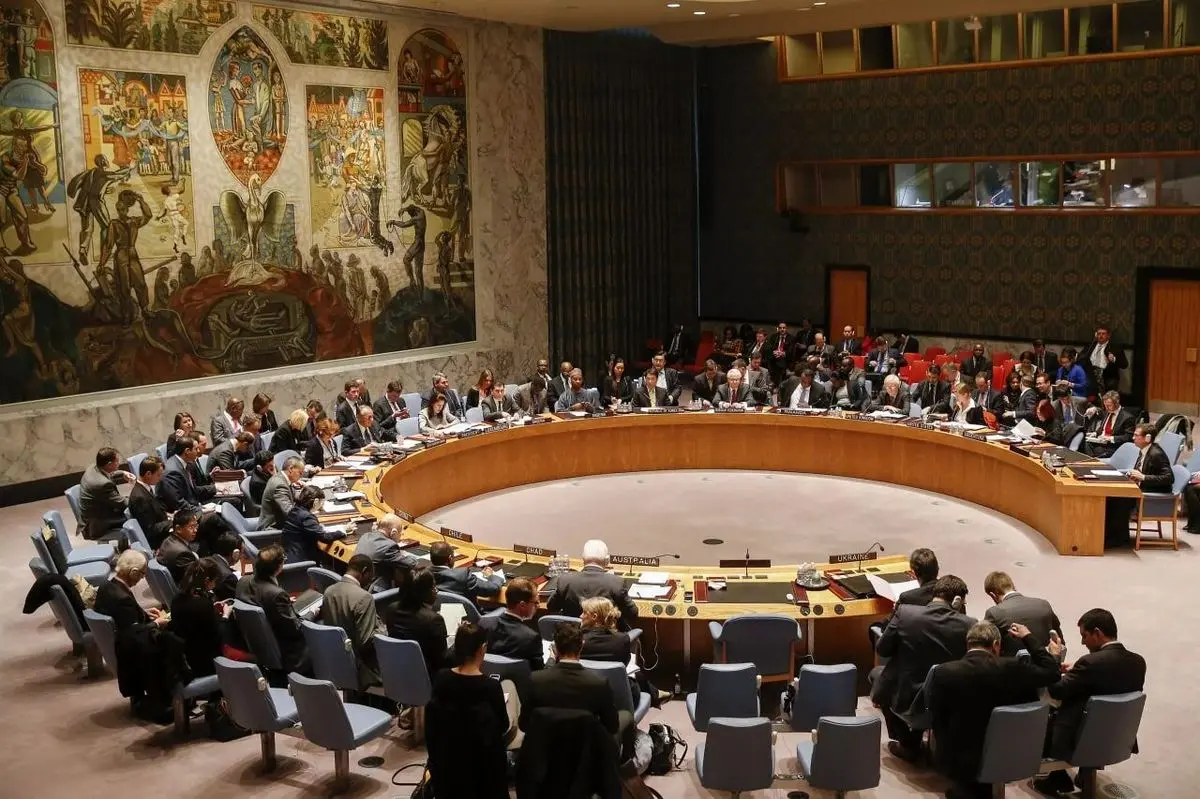SAEDNEWS: Tehran views Europe’s snapback mechanism push as political blackmail while trying to prevent its activation, as experts warn that sanctions’ return could bring heavy political and economic costs.

According to Saed News, the newspaper Etemad, aiming to evaluate and review the significant variables affecting the activation or non-activation of the snapback mechanism and the consequences of the possible return of sanctions, conducted an interview with Rahman Ghahremanpour, an expert on international affairs.
According to Etemad, excerpts of this interview are as follows:
Apparently, decision-makers in Iran believe that Europe is seeking political blackmail against the Islamic Republic, and for this reason, from the statements of Iranian officials one can infer that Tehran seeks to counter such an approach and, in addition, does not recognize Europe as being in a position to dictate its demands to Iran.
Although Iranian officials have repeatedly emphasized that extending the snapback mechanism deadline is not on the agenda and that they are not particularly worried about the return of UN Security Council sanctions, it nevertheless seems that at the same time they are trying, while maintaining their official positions, to prevent the reactivation of this mechanism. It is clear that the activation of the snapback mechanism and the return of UN sanctions under previous resolutions could bring widespread political and economic consequences for the country.
The Europeans also do not want to completely lose their trump card, namely the activation of the snapback mechanism, since its activation would mean the end of Europe’s role in this case and the transfer of initiative to the United States. For this reason, the European troika is also inclined to extend the snapback deadline.
Even if Moscow wants to help Iran prevent the activation of the snapback mechanism, it apparently has limited ability to do so. Although proposals have been raised suggesting that Russia, China, and Iran simultaneously withdraw from the JCPOA to make the implementation of the snapback mechanism practically impossible, it seems unlikely that Moscow would be willing to pay heavy costs in the Security Council or the International Atomic Energy Agency to prevent its activation.

